Ever wondered what exactly happens when you type something into Google? That’s where the magic of search queries and keywords kicks in. Understanding the difference between search query and keywords, these two terms isn’t just geeky trivia—it’s key to unlocking the potential of digital marketing strategies that deliver real results.
Let’s break it down in the simplest way possible.
What Is a Search Query?
A search query is the exact phrase or word a user types (or speaks) into a search engine like Google or Bing. It’s what people are actively looking for at any given moment. Think of it as the user’s raw intent.
For example:
If someone types “best pizza near me”, that’s their search query. It’s direct, unpolished, and comes straight from the user’s immediate need.
What Is a Keyword?
On the other hand, a keyword is what digital marketers and SEO experts use to anticipate those search queries. Keywords are researched, analyzed, and often refined to match the searcher’s intent and optimize website content.
For example:
Marketers may target the keyword “best pizza near me” because they know it aligns with a popular search query.
The Key Difference Between Search Queries and Keywords
To put it simply:
- A search query is user-generated and unique.
- A keyword is business-focused and strategic.
While a search query reflects real-time intent, a keyword is carefully crafted to capture that intent.
Think of it as this:
If a search query is a question, a keyword is the answer you’re trying to provide through your content or ads.

Why Does This Matter in Digital Marketing?
If you want to create impactful digital marketing strategies, knowing this difference is crucial. By analyzing the search queries of your audience, you can refine your keywords and ensure your content, ads, and even product offerings align perfectly with what people are searching for.
For instance:
- Search Query: “How to grow my Instagram followers?”
- Keyword: “Instagram growth tips”
By targeting the right keywords based on actual search queries, you can:
- Rank higher in search engine results.
- Get more relevant traffic to your website.
- Increase conversions by addressing user intent.
How to Use This in Your Strategy
- Analyze Your Search Queries: Use tools like Google Search Console to identify what queries bring traffic to your site.
- Refine Your Keywords: Use tools like SEMrush or Ahrefs to pick high-volume, low-competition keywords.
- Align Content with Intent: Match your content to the user’s intent reflected in their queries.
- Experiment with PPC Campaigns: Search queries can help fine-tune your ad targeting.
Ready to Optimize Your Search Strategy?
Understanding the difference between search queries and keywords is just the beginning. At Handller, we specialize in helping businesses like yours dominate the digital space with smart strategies, including keyword research, SEO, and paid advertising.
Got questions or need help? Contact us today and let’s turn your digital vision into reality!
